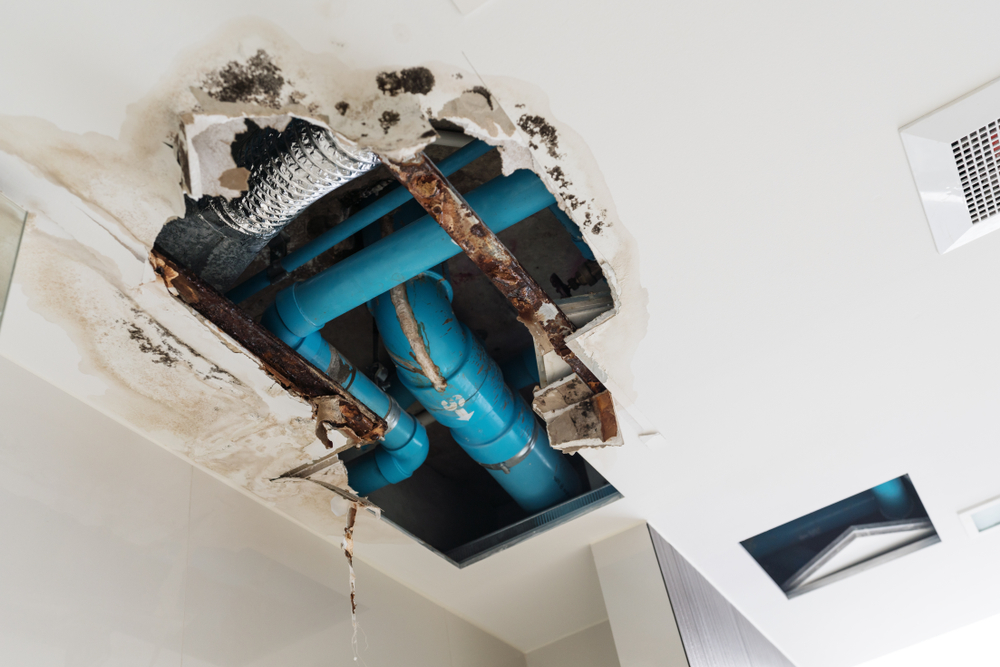Tort of Intentional Infliction of Emotional Distress is a HARD Claim to Prove
The tort of intentional infliction of emotional distress is a HARD claim to prove. It sounds like a sexy claim to assert against a defendant, but it’s a hard claim to prove. Here is why: Intentional infliction of emotional distress requires the following elements: (1) intentional or reckless conduct; (2) outrageousness beyond all bounds of decency; (3) causation; and (4) severe distress. The second prong is the gravamen of the tort. The Restatement (Second) of Torts § 46 cmt. d (Oct. 2024 ed.) describes the standard as follows: The cases thus far decided have found liability only where the defendant's conduct has...
Continue reading










